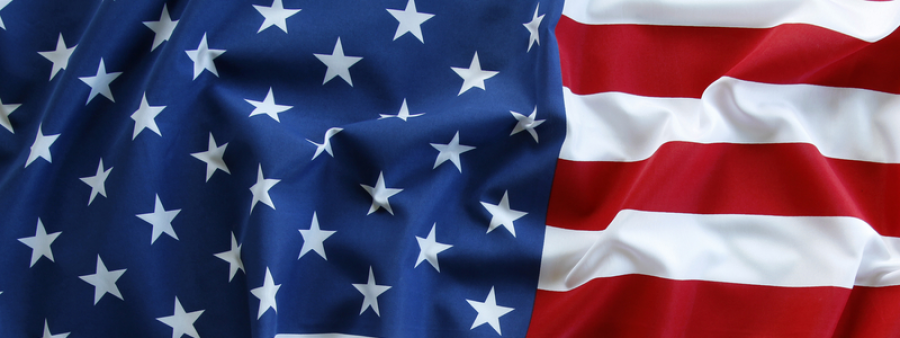
Ask anyone in the UK or most of western Europe, and they will probably nod approvingly about the online gambling industry. In reality, thanks to the explosion in popularity of online gambling, many you’d ask would already have tried their hand at it in some form, whether that’s playing at their favourite online casino, enjoying a round or two of online bingo, or even just playing the National Lottery, or checking their lottery numbers online. But unfortunately, this isn’t the case universally, and there are still some countries around the world where online gambling is far from an accepted mainstream activity.
Arguably one of the most anachronistic is the United States of America – so central to the global tech revolution, and often regarded as a bastion of western liberty. Yet in the US, gambling still remains a heavily restricted pastime, particularly as far as online gambling is concerned. Operators are severely restricted by Federal laws, and despite persistent criticism, there are no firm signs that change is on the horizon.
So what is the position in the US as it relates to online gambling, and how does this impact on players, and indeed operators, of online gambling services?
The Laws Relating To US Gambling
As a starting point, it’s important to say that gambling is legal in the US. Of course, when you consider that Las Vegas is in Nevada, it would be impossible to make this illegal at a federal level without some concessions, at the very least. In reality, much of the ire of regulators has been turned in the direction of online gamblers and online operators, which are, for various reasons, viewed and treated differently. State-run lotteries are common, and in general, individual states are free to determine whether or not they are willing to permit gambling within state lines.
But when it comes to gambling interstate, or indeed online, the law takes a very different approach. Confusion reigns supreme at the moment, and it is somewhat unclear whether gambling online in all its forms is illegal, or whether this only applies to sports betting online. In reality, millions of Americans do choose to gamble through casinos and sportsbooks that are located beyond the clutches of US authorities, but this is still far from a satisfactory position.
The laws in the US stem from the Federal Wire Act, which prohibits the transfer of betting information over telephone lines. This was ruled to be applicable to sports betting in the US thanks to a court decision in 2002, and most parties are clear that sports betting online remains unlawful in the United States. Other agencies have attempted to extend the scope of the act to cover all online gambling, including casinos, and in 2004, search engines responded by blocking advertising for all and any online gambling services.
This was relaxed more recently, with claims to the contrary from regulators casting doubt over the true position. The Unlawful Internet Gambling Enforcement Act of 2006 attempted to clarify the situation further, making it unlawful for gambling operators to accept payments in connection with online gambling transactions. While this isn’t quite the same as outlawing online gambling, it made life incredibly difficult for legitimate operators.
The position now sees company directors liable to personal prosecution for breach of these laws, and there have been some high profile attempts at arresting executives at US airports. Meanwhile, offshore gambling companies continue to defy US laws in offering online gambling to American players, and the industry retains a distinctly black-market feel for average punters.
Will Common Sense Prevail?
President Trump’s election proved controversial in some quarters, but arose optimism in online gambling circles. Known to have his own gambling interests, both in terms of high profile land-based casinos, and ventures set up to capitalise on an eventual liberalisation of gambling laws, Trump is certainly not ideologically opposed to a more pragmatic approach.
This cause quite the storm of anticipation, with online gambling operators and analysts foreseeing a more common sense approach to gambling regulation, if Trump were able to get his way during his term. While this may still come to pass in the fullness of time, there are as yet no suggestions of a more common sense approach to regulating gambling, and as a result, the US revenue continues to miss out on the substantial tax take a legalised industry would deliver.
For ordinary American gamblers, this position is far from ideal. But while online gambling remains in the murky waters of confusion and complex legislation, it is still possible to gamble online – just not, in most cases, with operators domiciled in the US.








